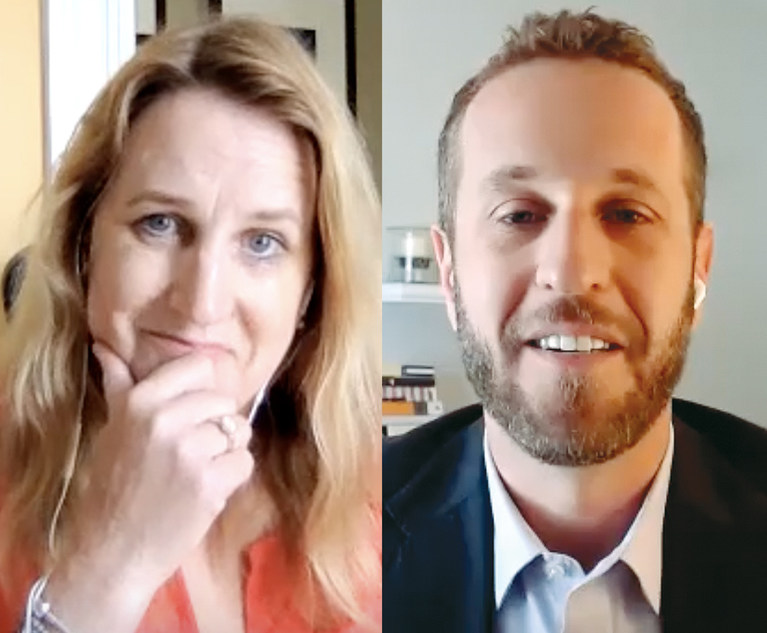The founder of Sightline Security said she would never have gotten into the security business if she hadn’t endured years of cyberstalking in the early 2000s. Kelley Misata, who is CEO of the startup that helps nonprofits build cybersecurity into their programs, said she sought advice from law enforcement and nonprofits during that time, but neither had a clue how to help.
Ryan White, a former assistant U.S. attorney for the Central District of California, said he wasn’t surprised by the details of Misata’s case. “Law enforcement traditionally is used to investigating real-world crime—crimes they can investigate by going out and interviewing people and looking at real footage.” In the early 2000s, they had a long way to go to catch up to what was beginning to explode. And despite legal and technical advancements, cyberstalking remains difficult to prosecute even now, according to White.
This content has been archived. It is available through our partners, LexisNexis® and Bloomberg Law.
To view this content, please continue to their sites.
Not a Lexis Subscriber?
Subscribe Now
Not a Bloomberg Law Subscriber?
Subscribe Now
LexisNexis® and Bloomberg Law are third party online distributors of the broad collection of current and archived versions of ALM's legal news publications. LexisNexis® and Bloomberg Law customers are able to access and use ALM's content, including content from the National Law Journal, The American Lawyer, Legaltech News, The New York Law Journal, and Corporate Counsel, as well as other sources of legal information.
For questions call 1-877-256-2472 or contact us at [email protected]


 (L-R) Kelley Misata founder of Sightline Security and Ryan White of Halpern May Ybarra Gelberg. Courtesy photos
(L-R) Kelley Misata founder of Sightline Security and Ryan White of Halpern May Ybarra Gelberg. Courtesy photos




